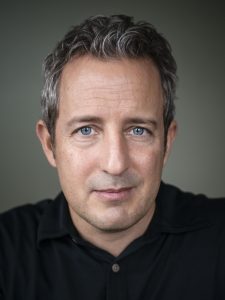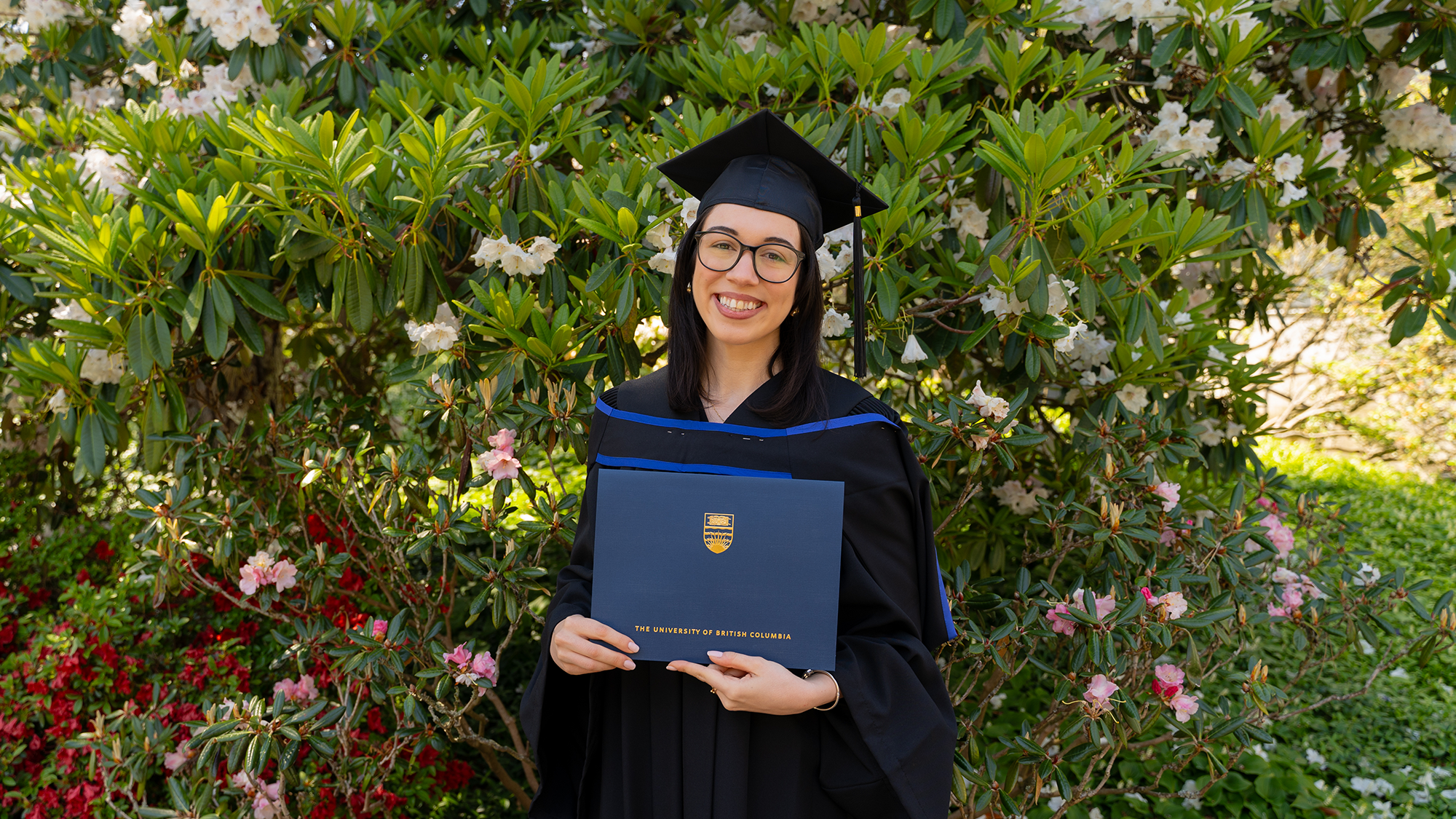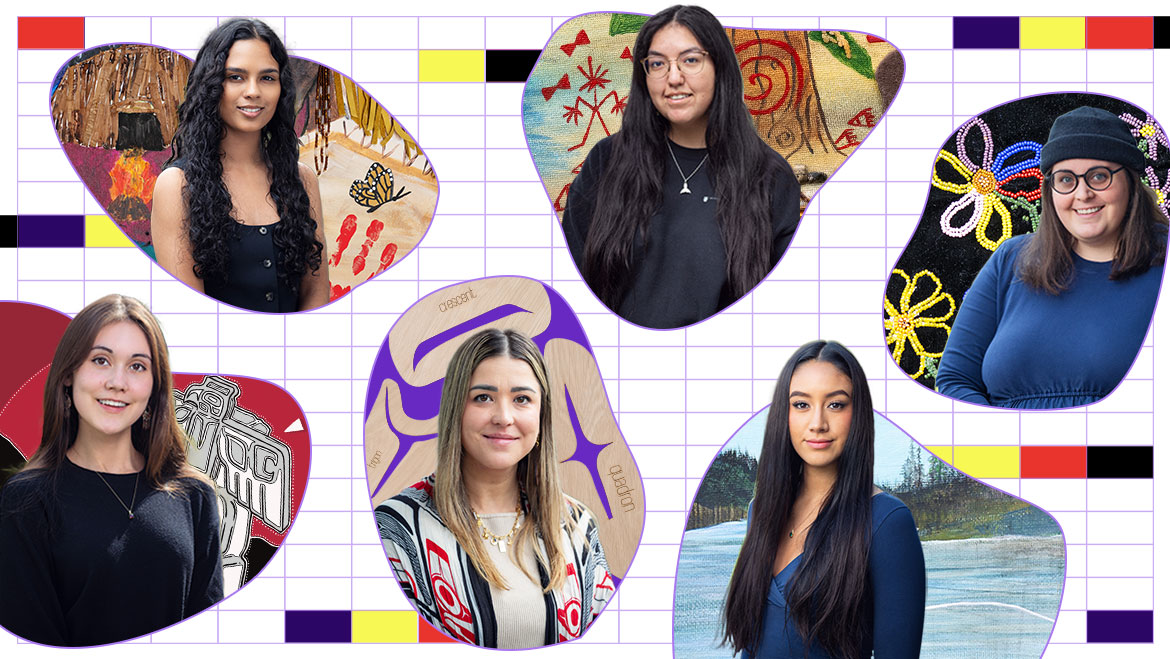Edward Slingerland is spearheading a new database of religious history that aims to help governments make better laws, and academics deal with information overload.
By Madeleine de Trenqualye
During the decades-long legal battle involving a polygamist sect of Mormons in British Columbia, leaders of the sect argued that they should be allowed to practice polygamy because of their right to religious freedom. But how central is polygamy to the Mormon faith? It became a relevant question, and it’s the kind of question that judges and legislators have a tough time navigating.
A new Database of Religious History (DRH) spearheaded by UBC Asian Studies professor Edward Slingerland aims to provide a clearer picture. The world’s first qualitative and quantitative encyclopedia of religious history populated primarily by experts brings a big data approach to religion. Users can analyze answers to specific questions within certain date ranges and geographical areas, correlate answers with other types of data (like climate, economic or political data), or visualize data in a variety of ways to analyze large scale patterns in the historical record.
Slingerland hopes the database will serve the common good by helping governments make better laws based on a heightened understanding of religion’s role in society and human conflict.
“A judge, or a legislator contemplating outlawing polygamy in B.C., will one day be able to log into the DRH and trace the entire history of Mormonism, from its founding by Joseph Smith to its spread across the world, and choose to visualize the degree to which the practice of polygamy piggybacked on the spread of the faith,” says Slingerland.
“This would allow them to see, for instance, the sudden disappearance of polygamy from all mainstream forms of Mormonism at a certain point in history, and its failure to spread with missionary activities across the globe. It would be possible to see that the sect that chose to hole up in B.C. was an extreme outlier, which could be very relevant to both their legal and moral defence of their practices.”
The Evolution of Religion and Morality
The database is an outgrowth of a larger study on the evolution of religion and morality run by Slingerland and colleagues from UBC and SFU. The $3 million project—which ran from 2012 to 2018 and was funded by the Social Sciences and Humanities Research Council of Canada—aimed to answer some weighty questions: Does religion make people nicer? Does it enhance productivity and cooperation? Have environmental disasters triggered the spread of religion? Can governments replace religion as sources of connection and shared value?
In order to tackle questions of this scale, Slingerland and his team of over 50 psychologists, economists, anthropologists, biologists and historians needed to consume and analyze enormous amounts of scholarship. Traditional scholarly methods weren’t going to cut it.
Tackling Information Overload


Edward Slingerland. Credit: Paul Joseph.
“It’s just not physically possible for someone to read every journal article in their field,” says Slingerland. “Even if that’s all they ever did and they never taught, or ate, or slept.”
He emphasizes that this wasn’t always the case. A couple of generations ago, it was possible to keep up with scholarly output in your field of expertise because there were fewer players. Back then, “your intuition was a reliable guide to what the field thought, because your field consisted of 20 people,” says Slingerland. “They all wrote in German, French and English. You knew them all personally.”
This meant that a single person could keep the scholarly consensus of an entire field in their head. But in the last 15 years, scholarly output has exploded in scope, volume, and geographic range. Scholarship outside the West has become increasingly important. Slingerland points to his own field of early Chinese studies, where a new journal launches from Mainland China every month. He says that academia has changed so fast its methods haven’t caught up; historians are still using the methods of their “intellectual grandparents” and relying on their scholarly intuitions to make generalizations.
“What I’m trying to get my colleagues to see is that if they think they actually have a handle on all the scholarship, they’re deluding themselves,” he says. “We actually need new tools for making generalizations.”
A New Tool for Testing Generalizations
The database aims to solve the problem of information overload by transforming the way in which humanities knowledge is shared – by turning the knowledge academics have in their heads into quantitative data that can be used to test large-scale hypotheses or evaluate generic claims. Slingerland’s team is currently recruiting experts to complete an entry or questionnaire on their field of expertise. The questionnaires consist of hundreds of questions, with the option to annotate responses.
Once completed, the submission is published and can be viewed as an individual article. But where the database eclipses the power of a traditional encyclopedia is in its big data approach to harnessing that information.
Slingerland’s challenge is now to convince his fellow historians that they urgently need this kind of tool and should join in his effort to populate it. He acknowledges that many recoil at the idea of turning their nuanced knowledge into a series of yes / no checkboxes. But he believes the payoffs are worth it. “First, it sharpens the mind: if push comes to shove, which would I click?” More importantly, the distilled historical data is standardized, which allows it to be analyzed using powerful statistical techniques, illuminating patterns that are not visible to any individual’s qualitative intuitions.
The database also provides an instant snapshot of the current scholarly consensus on any given topic, and gives scholars like Slingerland a chance to “reality-check” themselves before making generalizations. Instead of just relying on his intuition that the ancient Chinese saw their minds as separate from their bodies, Slingerland will be able to consult the database and see if colleagues in China agree.
He thinks the project will also facilitate a more diverse snapshot of scholarly opinion than the edited handbooks that currently serve as repositories of knowledge (many of which are only updated every five to 10 years). Although only qualified experts can contribute to the database, they can volunteer from anywhere in the world, rather than having to be known to and selected by a single editor or small group of editors.
“We hope it will become the primary digital reference source for anyone interested in human religiosity, including historians, scientists, policy makers, educators, students and the general public.”
Explore the Database of Religious History.


